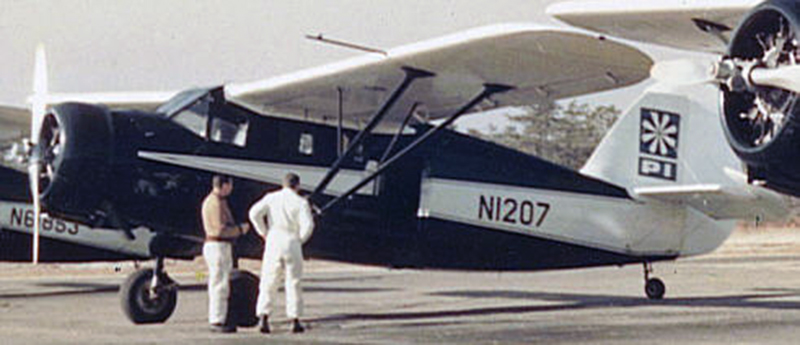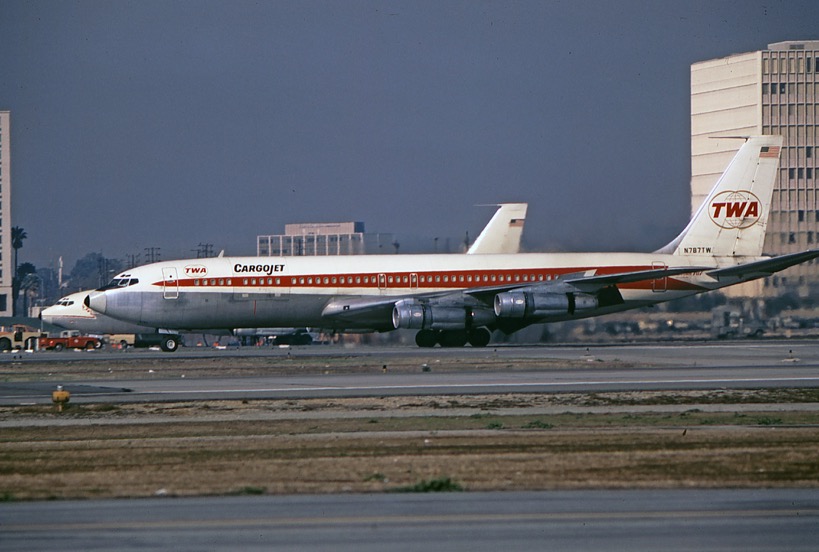Crash of a Rockwell Shrike Commander 500S in Morristown
Date & Time:
Dec 10, 1971 at 1843 LT
Registration:
N9128N
Survivors:
Yes
Schedule:
Islip – Morristown
MSN:
500-3093
YOM:
1971
Crew on board:
1
Crew fatalities:
Pax on board:
1
Pax fatalities:
Other fatalities:
Total fatalities:
0
Captain / Total hours on type:
28.00
Circumstances:
On final approach to Morristown Airport by night, the pilot encountered limited visibility. While completing the landing checklist, the airplane lost height and struck tree tops. The pilot increased engine power to make a go-around when the airplane lost height and crashed. Both occupants were seriously injured and the aircraft was destroyed.
Probable cause:
The accident was caused by the diverted attention of the pilot from operation. The following factors were reported:
- The pilot failed to see and avoid objects or obstructions,
- High obstructions,
- Fog,
- Diverted attention while completing the landing checklist, lost contact with runway.
- The pilot failed to see and avoid objects or obstructions,
- High obstructions,
- Fog,
- Diverted attention while completing the landing checklist, lost contact with runway.
Final Report:









